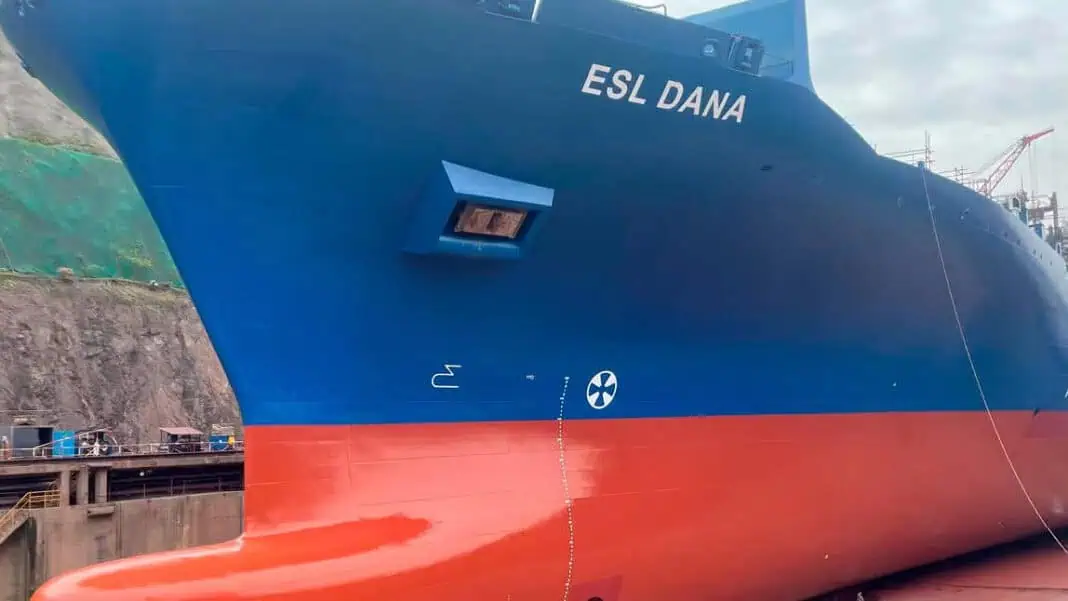The performance of Hempel’s cutting-edge silicone-based hull coating solution, Hempaguard X7, and its ability to accelerate decarbonisation efforts in the maritime industry are now third-party validated by DNV.
Since its launch in 2013, Hempaguard has provided vessels around the world with significant energy efficiency compared to the industry average and contributed to substantial reductions in carbon emissions. With this external validation by DNV, Hempel is now better able to demonstrate the value of Hempaguard to its customers.
“At Hempel, we’ve long known that Hempaguard stands out in the industry for its superior performance and environmental benefits, helping our customers save costs and improve their bottom line. But DNV’s third-party validation and verification is an important milestone for us to reach, and it only reinforces the credibility of Hempaguard’s unmatched performance in the market,” says Alexander Enström, Executive Vice President and Head of Marine at Hempel A/S.
The introduction of even more ambitious decarbonisation targets, set by the International Maritime Organization (IMO) in 2023, helps fuel the demand for Hempaguard, as many stakeholders in the industry search for the best solutions to help reduce their fuel consumption and carbon footprint, here and now. DNV’s verification objectively confirms Hempaguard’s outstanding performance when it comes to the reduction of CO2e emissions from the maritime industry. In addition, fuel savings of up to 20 per cent and average speed loss of 1.4 per cent have been validated by the third party.
“Our customers’ demand for Hempaguard clearly confirms the impact of this premium anti-fouling solution, and we recently passed yet another significant milestone: over 4000 applications worldwide with Hempaguard, equivalent to taking approximately 5,125,978 cars off the roads in saved CO2e emissions,” Alexander Enström concludes.












